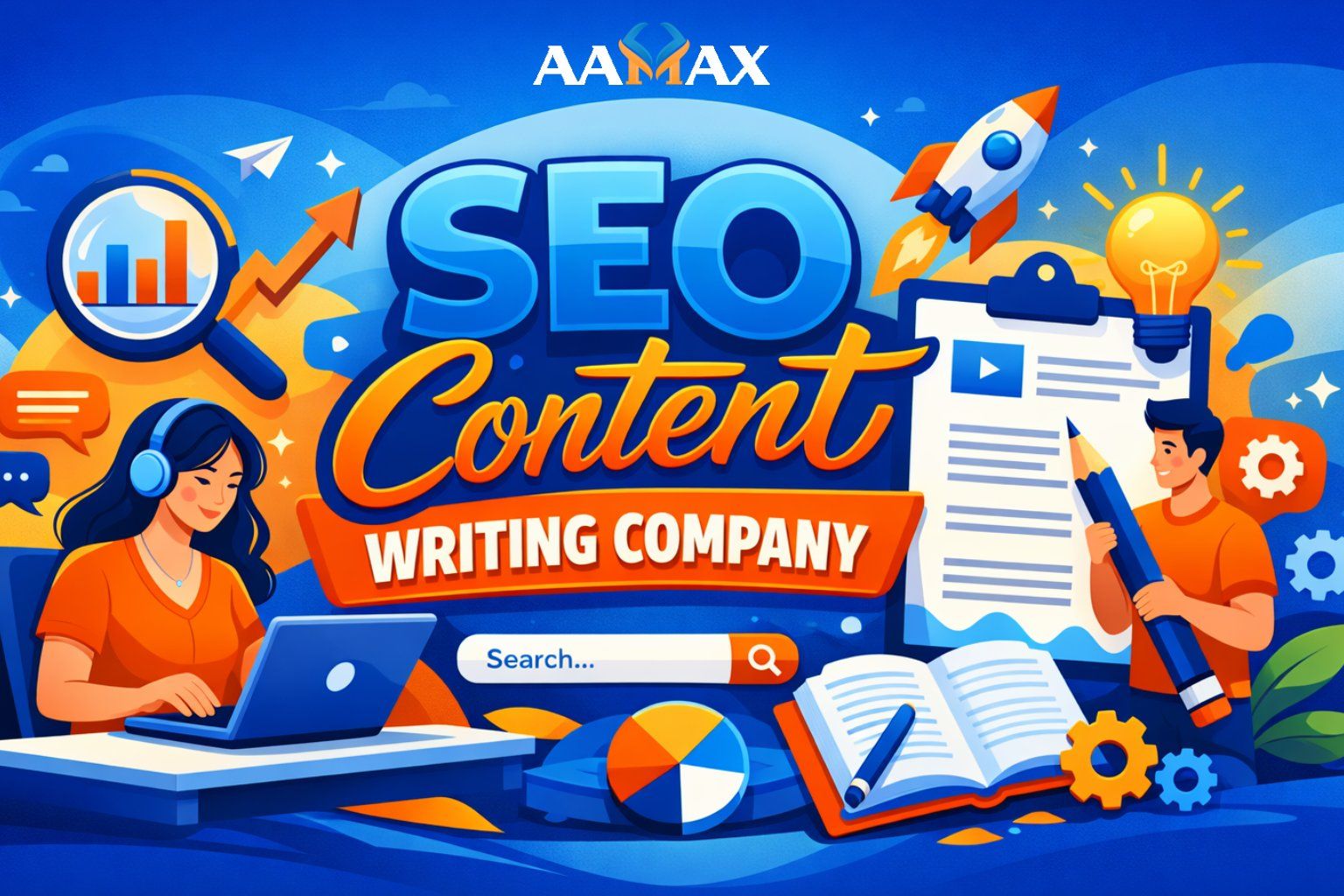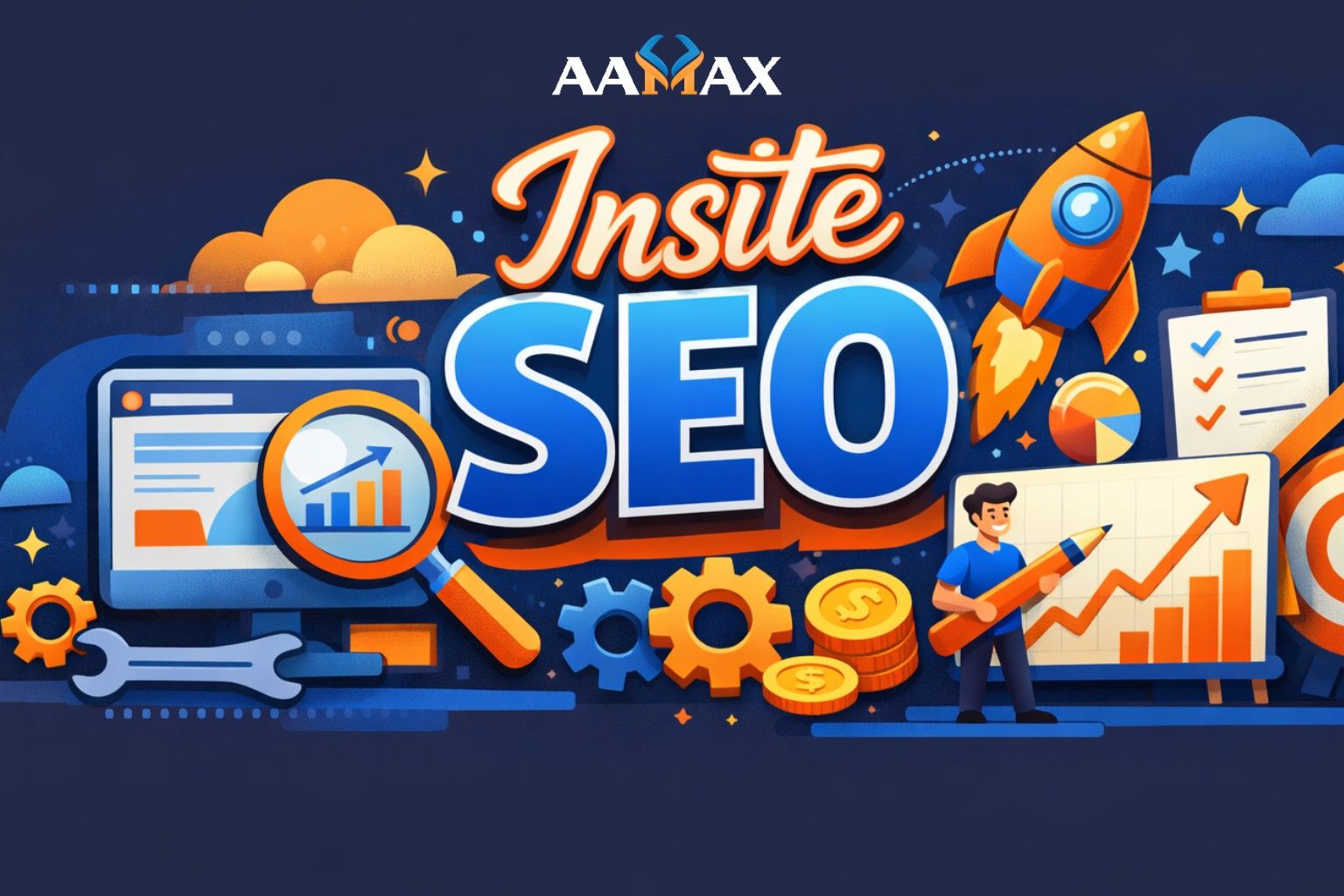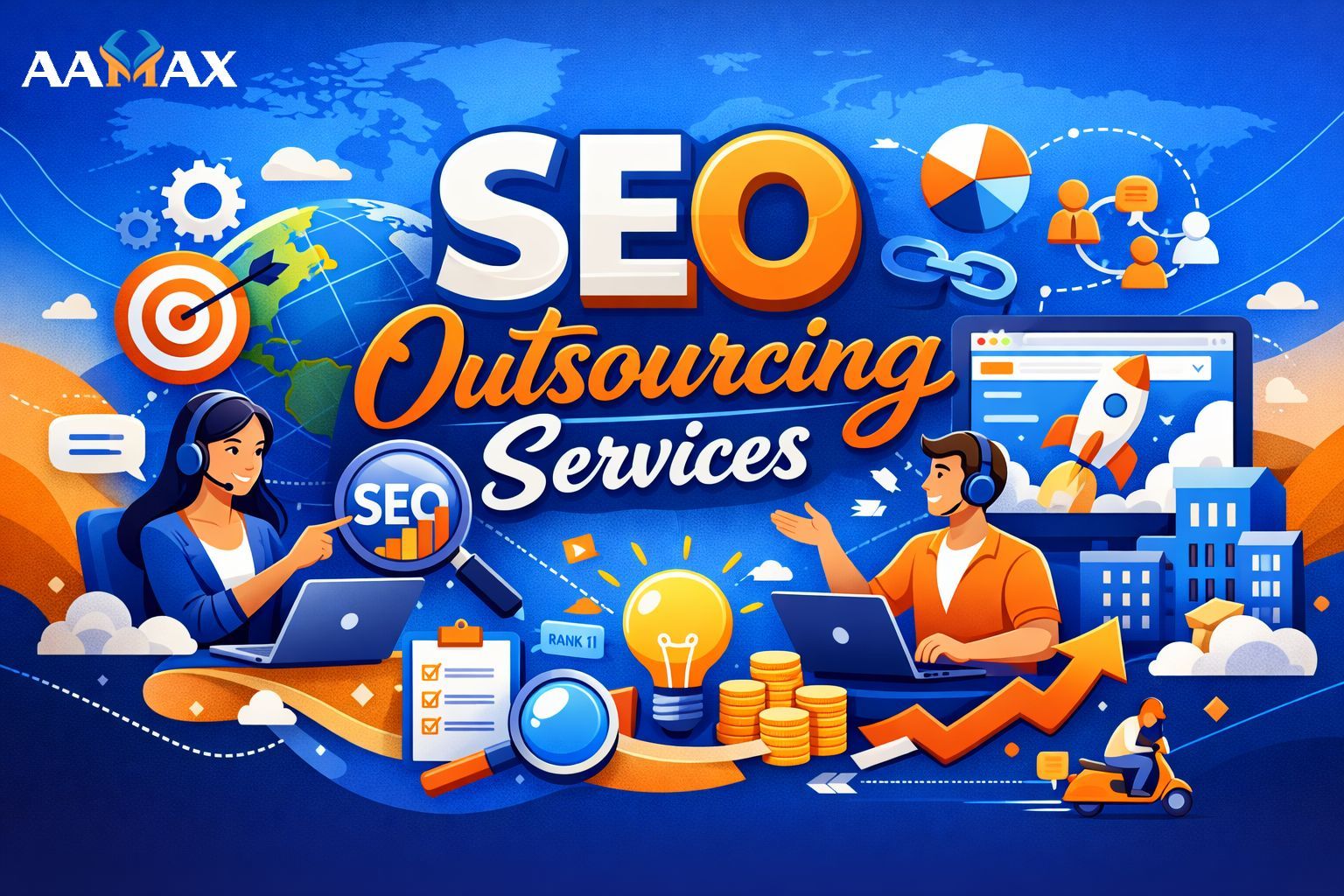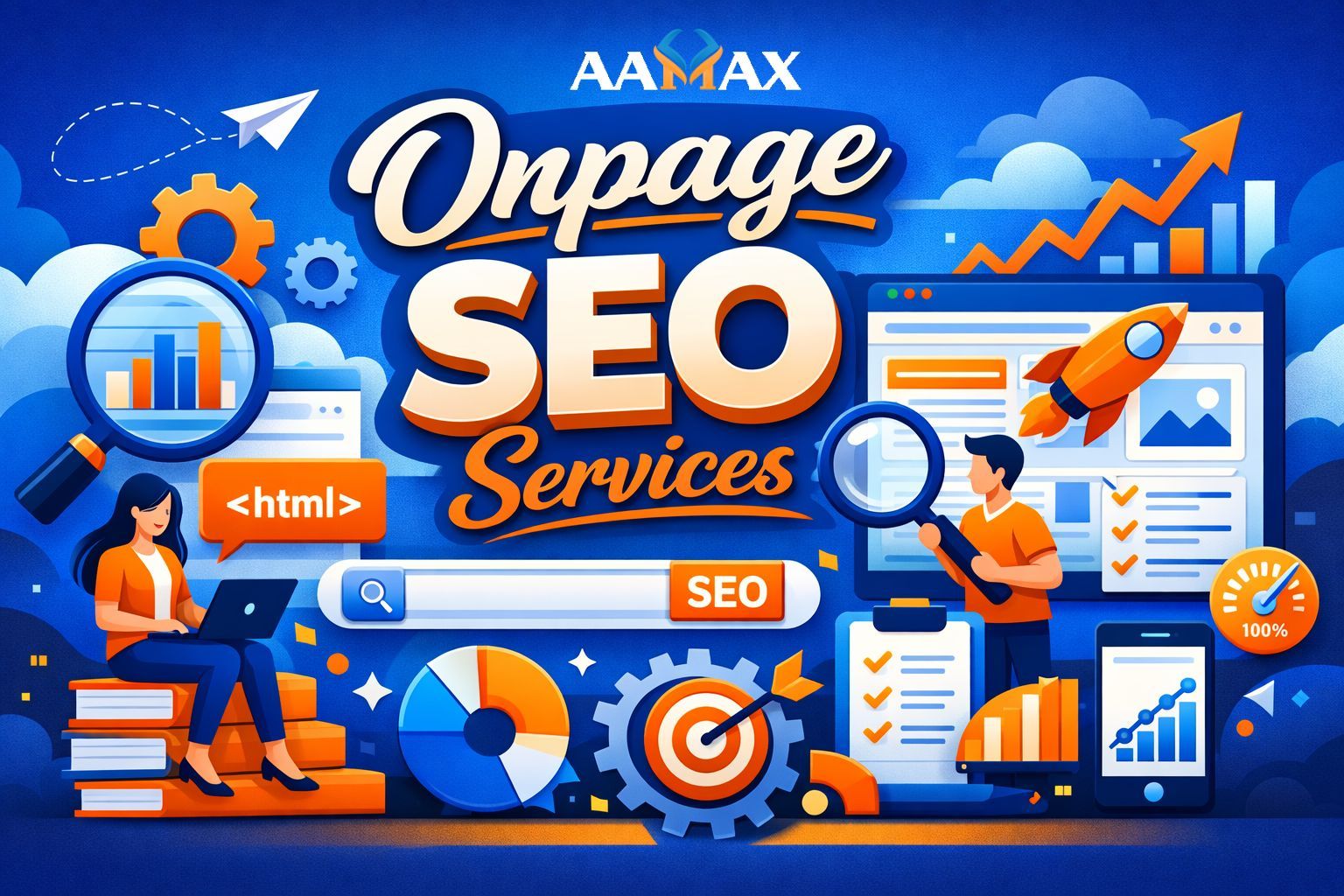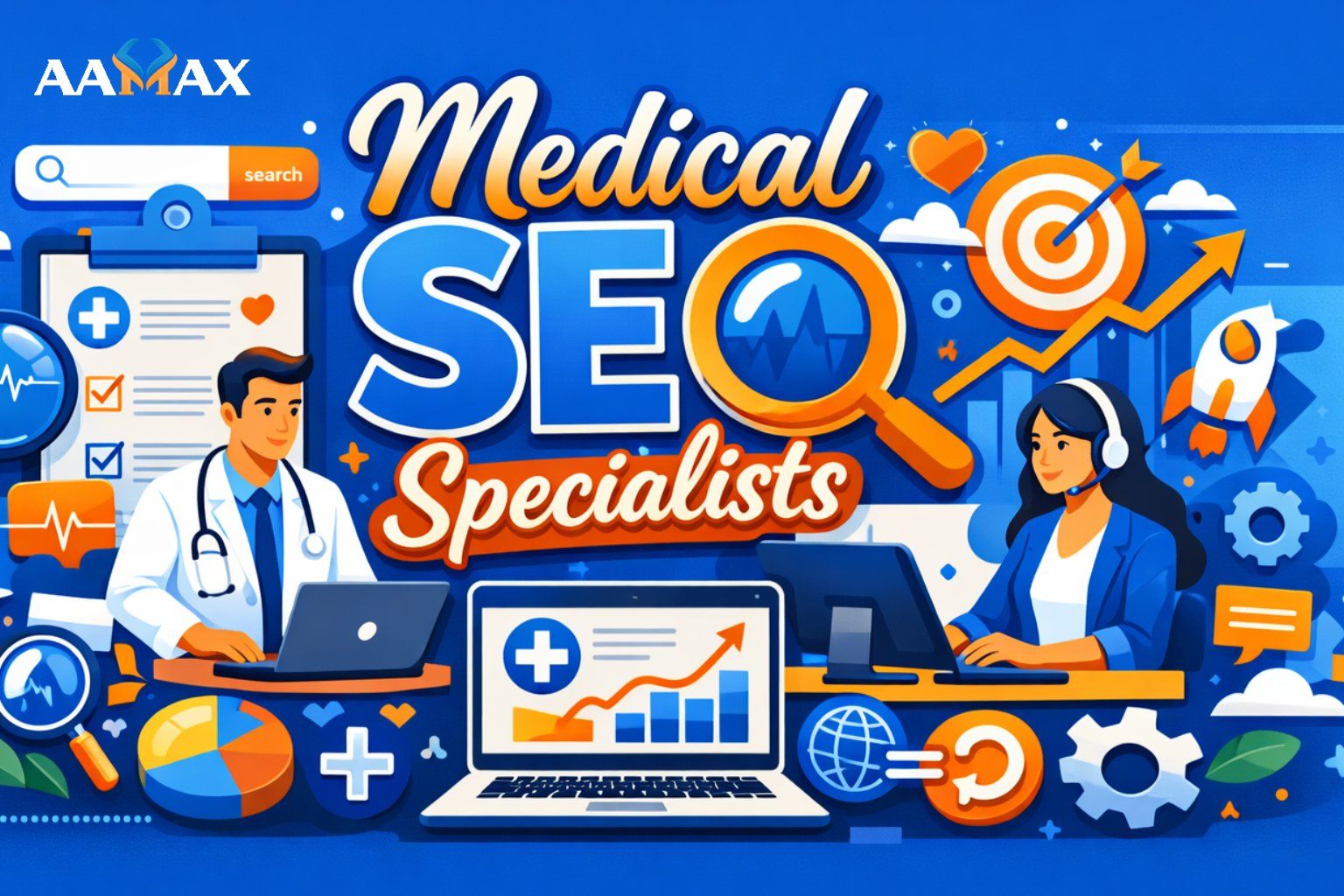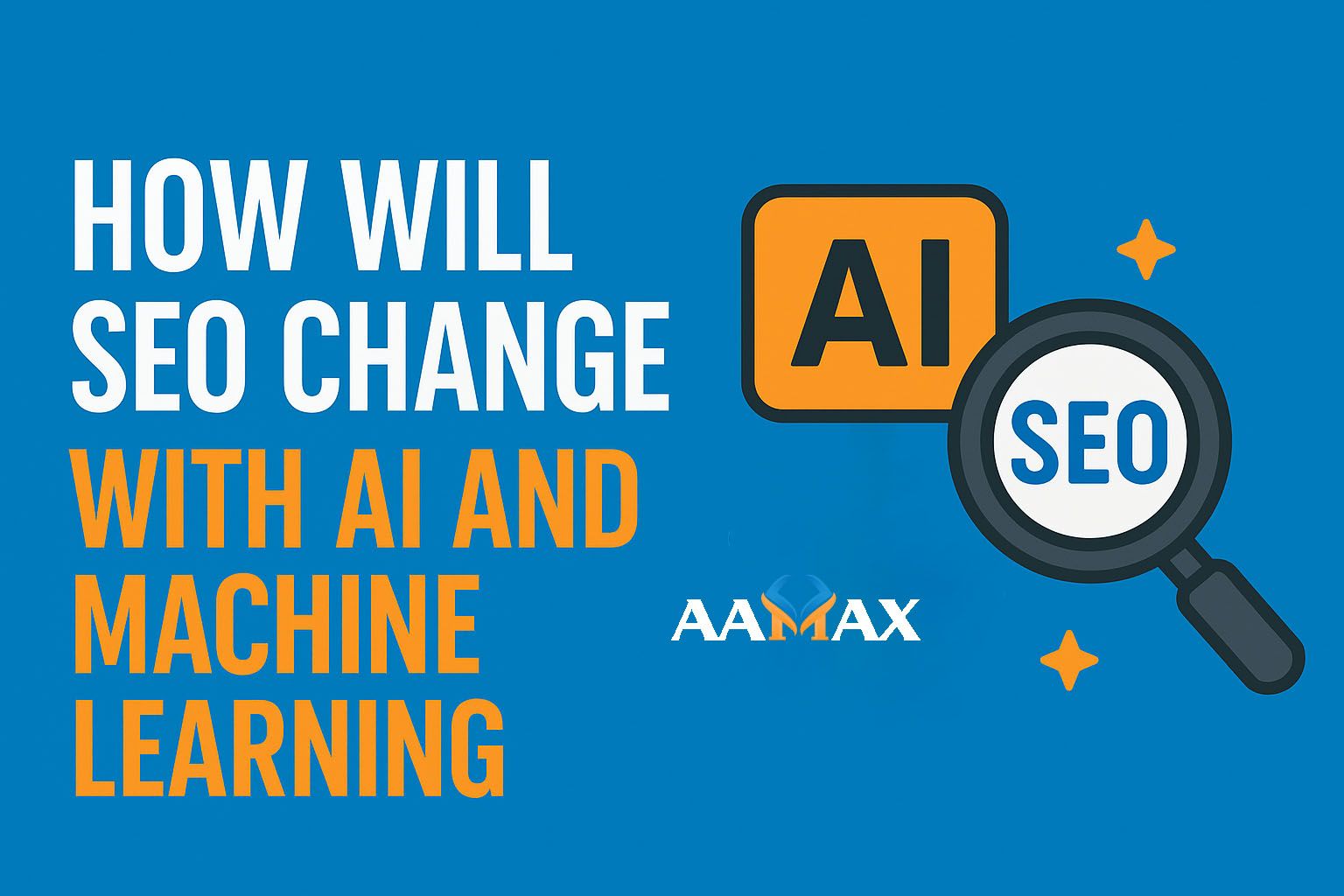
How Will SEO Change with AI and Machine Learning
In this in-depth article, we’ll explore how AI and machine learning are changing SEO, what it means for marketers, and how businesses can adapt to stay ahead. If you want to future-proof your SEO strategy, understanding this evolution is essential.
Search Engine Optimization (SEO) has always been a dynamic field, constantly evolving with technology and user behavior. Over the past few years, Artificial Intelligence (AI) and Machine Learning (ML) have begun to revolutionize the way search engines analyze, rank, and deliver content to users. From Google’s RankBrain to advanced content optimization tools, AI is not just influencing SEO — it’s reshaping it entirely.
Understanding the Role of AI and Machine Learning in SEO
To understand how SEO is changing, we must first look at how AI and ML work in the context of search.
- Artificial Intelligence (AI) refers to systems or algorithms capable of performing tasks that typically require human intelligence, such as understanding language or recognizing patterns.
- Machine Learning (ML) is a subset of AI that allows computers to learn from data and improve their performance over time without being explicitly programmed.
In SEO, both play a key role in:
- Analyzing search intent
- Understanding content relevance
- Delivering personalized search results
- Improving website rankings based on user behavior and engagement
For example, Google uses AI-driven algorithms like RankBrain, BERT, and MUM to understand user intent and content context better than ever before.
The Evolution of AI in Search Engines
AI in search isn’t new, but its capabilities have expanded dramatically in recent years.
RankBrain: The Beginning of Intelligent Search
Introduced in 2015, RankBrain was Google’s first AI-driven algorithm. It helped Google interpret queries that it had never seen before by understanding the meaning behind words, not just matching keywords.
This shifted SEO away from keyword stuffing toward semantic optimization — understanding user intent and context.
BERT and MUM: Understanding Context and Meaning
Google’s BERT (Bidirectional Encoder Representations from Transformers) algorithm, launched in 2019, improved how Google interprets the nuances and context of search queries. It helped the search engine better understand natural language.
Then came MUM (Multitask Unified Model), an even more powerful AI model that can understand information across languages, images, and even video. This model takes semantic search to the next level, enabling Google to provide more comprehensive answers to complex queries.
These advancements mean that SEO is no longer about just keywords — it’s about creating truly useful, relevant, and high-quality content that answers users’ needs.
How AI and Machine Learning Are Changing SEO
1. Smarter Keyword Research
Keyword research used to rely heavily on search volume and competition metrics. But with AI, the focus has shifted to search intent and semantic relevance.
AI-powered tools can now analyze massive datasets to identify keyword clusters, related topics, and user intent behind queries. Instead of targeting a single keyword, SEO professionals now optimize for topics and entities — which is exactly how search engines understand information today.
This shift from “keywords” to “topics” means businesses must create comprehensive, authoritative content that covers an entire subject area rather than individual search phrases.
2. Predictive Search and Voice Optimization
AI is also powering predictive search — anticipating what users are likely to type or ask next. Google’s autocomplete, People Also Ask, and Discover feed are all AI-driven examples.
Additionally, as voice search continues to grow, thanks to smart assistants like Alexa and Google Assistant, optimizing for conversational queries becomes more important. AI models process voice searches differently, focusing more on natural language and intent than on short keywords.
Voice search optimization will demand:
- Long-tail, conversational keywords
- Structured data for better understanding
- Local SEO optimization (since many voice searches are local in nature)
3. Personalized Search Results
AI allows search engines to deliver personalized results based on user history, preferences, device type, and location. Two people searching for the same query may now see entirely different results.
This personalization means traditional keyword ranking positions are no longer absolute. SEO strategies need to focus more on creating diverse content that appeals to various audience segments rather than chasing one-size-fits-all keywords.
4. Content Creation and Optimization
AI tools like ChatGPT, Jasper, and Surfer SEO are helping content creators write and optimize articles faster. They analyze top-ranking content and generate SEO-friendly drafts based on keyword data, tone, and structure.
However, while AI can assist in content generation, it should not replace human creativity and expertise. Search engines are increasingly focused on E-E-A-T (Experience, Expertise, Authoritativeness, and Trustworthiness) — qualities that only authentic, human-driven content can provide.
Smart SEO professionals use AI as a co-pilot, not a replacement, ensuring every piece of content is:
- Original and insightful
- Structured for readability and engagement
- Optimized for semantic keywords and search intent
5. Technical SEO Automation
AI-driven SEO tools now automate technical tasks such as:
- Crawl analysis
- Site audits
- Schema markup generation
- Broken link detection
- Internal linking optimization
This level of automation saves hours of manual work, allowing SEO experts to focus more on strategic improvements rather than repetitive tasks.
Machine learning also helps identify patterns in site performance, flagging potential issues (like crawl errors or duplicate content) before they affect rankings.
6. Enhanced User Experience (UX) Signals
Search engines use AI to evaluate user experience signals, such as:
- Click-through rates (CTR)
- Dwell time
- Bounce rate
- Core Web Vitals
These factors tell Google whether users find a page helpful and satisfying. Sites with poor UX will naturally lose rankings over time, regardless of keyword optimization.
AI emphasizes UX-centered SEO, meaning websites need:
- Fast loading speeds
- Mobile responsiveness
- Clear navigation
- Engaging design and layout
Ultimately, AI rewards websites that prioritize users, not algorithms.
7. Visual and Multimodal Search Optimization
AI is powering a shift from text-based search to visual and multimodal search. Tools like Google Lens and Pinterest Lens allow users to search using images instead of words.
Search engines now analyze images, videos, and even voice to understand user intent better. For SEO, this means:
- Optimizing image alt text and filenames
- Using structured data for multimedia content
- Creating visually rich, informative media assets
This evolution opens new opportunities for brands that invest in visual content marketing alongside traditional SEO.
8. Real-Time SEO and Predictive Analytics
AI-driven platforms are now capable of real-time SEO analysis — tracking how algorithm updates, competitor actions, and user trends affect rankings instantly.
Machine learning models can also predict SEO performance based on historical data, helping marketers anticipate changes before they happen.
For example, predictive analytics can forecast:
- Which keywords may trend in the coming months
- How content updates might affect ranking
- Which backlinks offer the most value
This predictive power gives businesses a significant competitive advantage.
The Future of SEO with AI and Machine Learning
The future of SEO is moving toward hyper-personalization, automation, and intelligent optimization. Let’s look at what’s next.
AI-Generated Content with Human Oversight
AI tools will continue to improve in generating SEO-optimized text, but human editors will remain crucial to maintain quality, tone, and brand voice. The future of SEO content creation will be a hybrid model, combining AI efficiency with human creativity.
Data-Driven Decision Making
AI will make SEO more data-driven. Marketers will rely on AI analytics tools to measure every aspect of campaign performance, user interaction, and content effectiveness — adjusting strategies instantly for better ROI.
Search Engines as Answer Engines
Search engines are shifting from being “directories” of links to “answer engines.” With AI models like MUM, Google is capable of summarizing and synthesizing information, often giving users direct answers instead of just links.
This means SEO strategies must focus on brand visibility within AI-generated summaries, featured snippets, and knowledge panels.
Continuous Algorithm Evolution
AI-based search algorithms continuously learn and adapt. SEO professionals must adopt a continuous optimization mindset, regularly updating content, structure, and UX to align with evolving algorithms.
Ethical SEO and AI Transparency
As AI takes a greater role in search, ethical considerations become vital. Transparent content creation, responsible data use, and adherence to Google’s guidelines will define successful SEO practices.
How Businesses Can Prepare for AI-Driven SEO
To stay competitive in the age of AI, businesses should:
- Invest in AI-powered SEO tools for keyword analysis, site audits, and performance tracking.
- Focus on user intent and create content that provides deep, useful insights.
- Prioritize UX and Core Web Vitals for better engagement and rankings.
- Embrace structured data and schema markup to help AI understand your content.
- Experiment with voice, video, and image optimization as search becomes multimodal.
- Partner with experts who understand both SEO and AI technology.
If you’re ready to enhance your SEO strategy with AI, you can hire AAMAX — a full-service digital marketing agency offering Web Development, Digital Marketing, and AI-driven SEO services. AAMAX helps businesses leverage machine learning insights to drive real traffic, conversions, and sustainable growth.
Final Thoughts
AI and Machine Learning are transforming SEO from a keyword-centric discipline into a holistic, intelligent ecosystem that prioritizes user experience, relevance, and quality. As search engines evolve, so must our strategies.
The future of SEO lies in understanding how AI thinks — and using that knowledge to create content and websites that not only rank well but genuinely help users.
In this new era, success will belong to those who embrace AI, adapt quickly, and deliver exceptional value through their content and digital experiences. Partnering with experts like AAMAX ensures you’re not just keeping up with AI SEO trends — you’re leading them.

